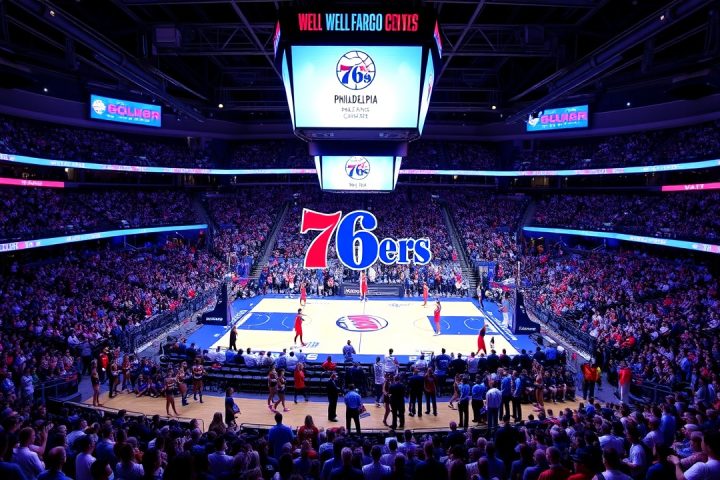Lenny Wilkens: A Basketball Legend
Lenny Wilkens, a renowned figure in basketball history, passed away on Sunday at the age of 88, as reported by The Seattle Times. A dual Hall of Famer recognized for his accomplishments both as a player and as a coach, Wilkens made significant contributions to the NBA, particularly with the Seattle SuperSonics, where he led the team to a championship victory in 1979.
Early Life and Career
Born in Brooklyn, Wilkens distinguished himself at Providence College, earning All-American honors twice before embarking on a 15-year playing career. He began with the St. Louis Hawks, where he starred alongside legends like Bob Pettit. Notably, he guided the Hawks to the NBA Finals in 1961 and finished his tenure as a close second to Wilt Chamberlain for the MVP award in 1968.
Advocacy and Leadership
During his time in the NBA, Wilkens also served in the U.S. Army, balancing military duties with his basketball career. He was instrumental in shaping players’ rights, being a key figure in the formation of the National Basketball Players Association, advocating for player welfare at a time when such initiatives were unheard of.
Wilkens’ leadership qualities earned him the affectionate nickname “Sweety Cakes” from Hall of Famer Elgin Baylor. His reputation extended beyond the basketball court as he rubbed shoulders with prominent figures advocating for social justice, including Dr. Martin Luther King Jr. and Barack Obama. In 2018, he spoke poignantly about inclusion and the ongoing struggle for fulfillment of King’s dream, emphasizing the need for continued progress in society.
Coaching Career
After joining the Seattle SuperSonics, Wilkens made history as the first African American head coach in the NBA when he became player-coach during his second season. His contributions to the team resulted in three All-Star appearances and the 1971 All-Star Game MVP award. Known for his quiet yet effective approach, Wilkens left a lasting legacy on the players he coached, who admired his integrity and dedication.
Wilkens continued as a player until he was 37 years old, making his last All-Star appearance in 1973. His transition to coaching saw him return to the SuperSonics in 1977, leading them to two NBA Finals, including their renowned victory in 1979 against the Washington Bullets. Under his guidance, the SuperSonics boasted a roster filled with talent, yet they were often overlooked for lacking a marquee superstar.
In addition to his success with the SuperSonics, Wilkens had stints with the Cleveland Cavaliers and Atlanta Hawks, where he consistently led teams to playoff success and earned two Olympic gold medals. His coaching career extended through the Toronto Raptors and New York Knicks, where he came agonizingly close to reaching the Eastern Conference finals in 2001.
Legacy and Philanthropy
In terms of coaching accomplishments, Wilkens ranks third all-time in wins, trailing only legends Gregg Popovich and Don Nelson, and became part of an elite group of only four individuals to be inducted into the Hall of Fame as both a player and coach. In recognition of his contributions, the NBA Coaches Association awarded him the Chuck Daly Lifetime Achievement Award in 2011.
Throughout his retirement, Wilkens dedicated himself to philanthropic efforts through the Lenny Wilkens Foundation, which raised significant funds for Seattle’s Odessa Brown Children’s Clinic. He balanced this with a role as a sports broadcaster. Reflecting on his life, Wilkens often shared his belief in giving back, encouraging young people to uplift their communities.
“I’ve really been blessed,”
he remarked in the past.
“Having had the opportunity to do a lot of things that have touched people’s lives has been wonderful.”




